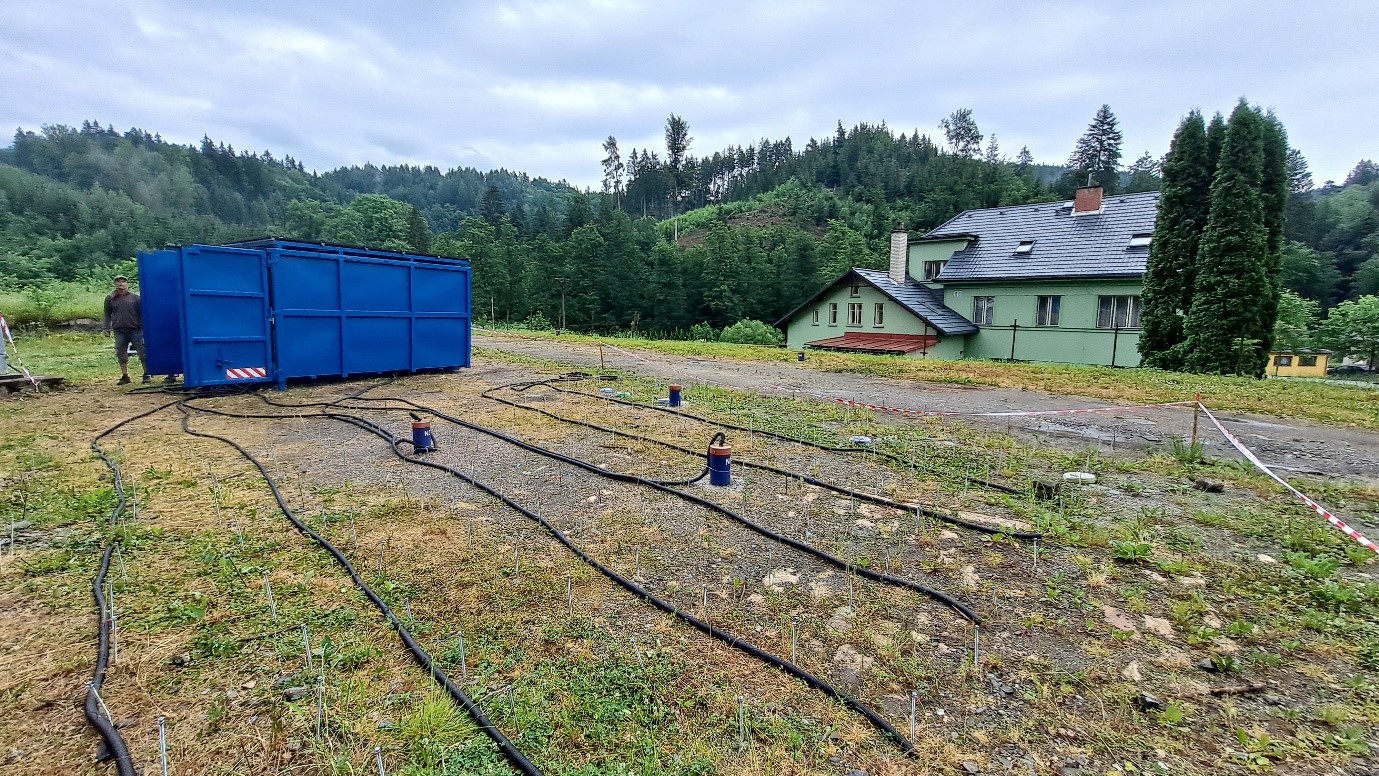EiCLaR, as a EU/China consortium, will develop scientific and technical innovations for in situ bioremediation technologies that will be directly developed into industrial processes for the rapid efficient cost-effective treatment of a range of environmental pollutants such as chlorinated solvents, heavy metals, pesticides, etc. These technologies (Electro-Nanobioremediation, Monitored Bioaugmentation, Bioelectrochemical Remediation, Enhanced Phytoremediation) will enable bioremediation approaches to expand their range of applications to industrial sites and waters that contain complex, high concentration pollutant mixtures.
This project will move our proof-of-concept level advances to industrial commercial processes through laboratories studies to refine the processes and to explore the scientific base and scale-up techniques and field demonstrations.
Our recent advances in nanobioremediation will be enhanced by studies of the critical microbial component and the use of electrochemical processes to increase the degradation rate and biocatalyst lifetime. The innovative bioaugmentation is based on a recently discovered bacteria capable of degrading some chlorinated solvents efficiently under aerobic conditions. The Bioelectrochemical system will speed up the anaerobic degradation of pollutants when aeration is not feasible. The enhanced phytoremediation will benefit from the synergistic effect of fungi and electrokinetic nutrient dispersion.
Environmental sustainable and low impact depollution methods will provide service companies with the tools to manage contaminated soil and water and improve environmental quality at over a million sites throughout Europe and China. These companies will be able to grow by increased personnel and revenue while improving biodiversity and reducing environmental risks.



